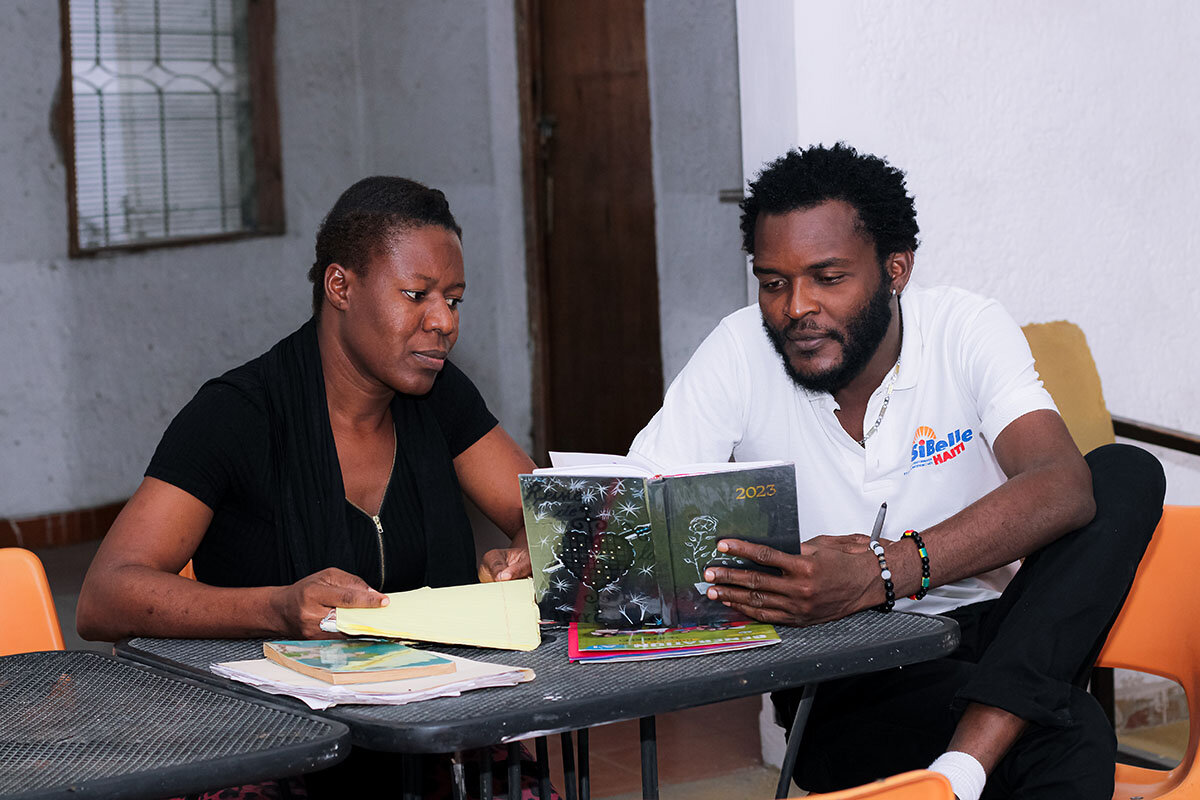New York has a rich history of welcoming newcomers. Faced with its largest migrant inflow since Ellis Island, the city finds itself grappling with how to provide funding and compassion.
Monitor Daily Podcast
- Follow us:
- Apple Podcasts
- Spotify
- RSS Feed
- Download
 Christa Case Bryant
Christa Case Bryant
As of this week, U.S. senators can wear whatever they want on the Senate floor, sparking an uproar.
Wait, the government is about to shut down, and we’re arguing about outfits?
But this is about something deeper than a dress code. It gets to standards, and tone, and trust.
So much of Congress is theater. There is a language, choreography, and, yes, costumes. The unwritten rules of congressional theater were being challenged well before Senate Majority Leader Chuck Schumer issued his edict Friday.
Flip-flops, wigs, and sweaty gym shirts had already made Senate appearances. Democratic Sen. John Fetterman of Pennsylvania has frequently sported hoodies and shorts since his return from being treated for clinical depression, though he would vote from the edge of the Senate floor so as not to break the unwritten rules. Congressional leaders sparked controversy this spring when all but one of them – Mr. Schumer – wore dress sneakers to the Oval Office. Journalists and staffers have happily followed suit.
For some, relaxing dress codes – which are expensive to follow, particularly for young staffers – is a step toward greater equity, enabling people from a wider range of socioeconomic backgrounds to work on the Hill. Many say such diversity makes for better policymaking, as we wrote about last year. (Though Mr. Schumer did not drop the dress code for staffers on the Senate floor, few enter the chamber and the standards in the hallways have already changed.)
But for others, there’s a feeling that from schools to churches to Congress, America is dropping the standards that cultivate – and earn – respect. The least lawmakers can do is look the part, they argue. That could stop the meltdown, if not the shutdown.










